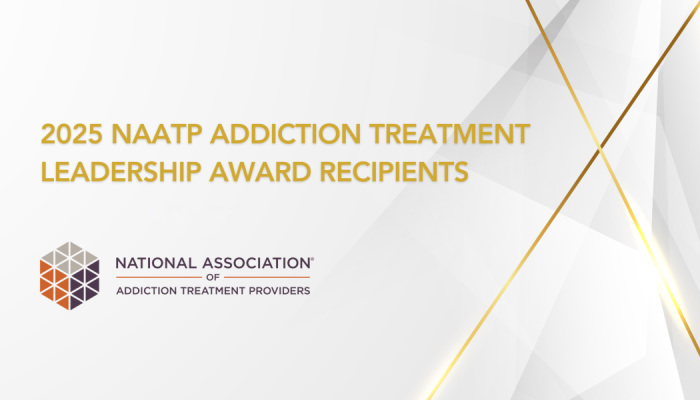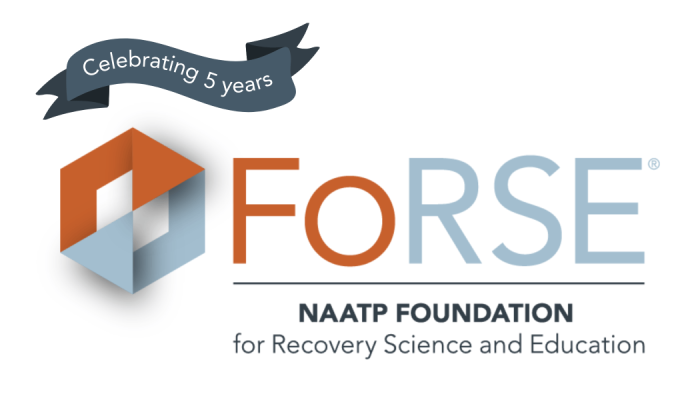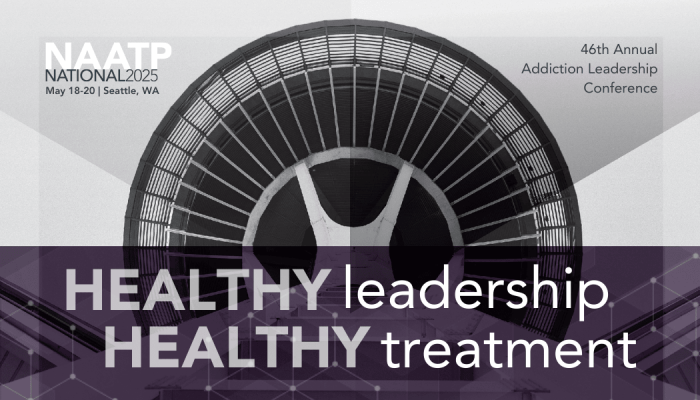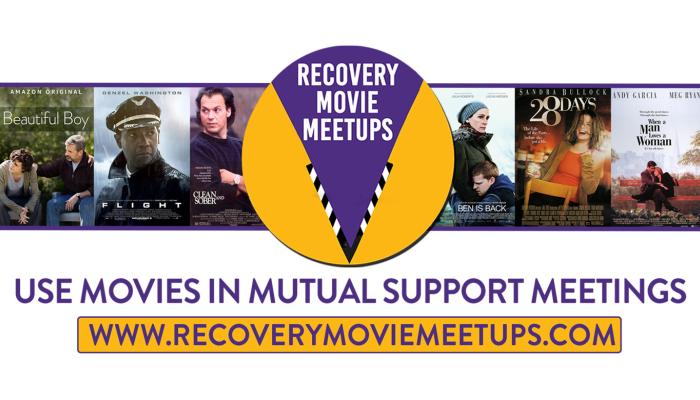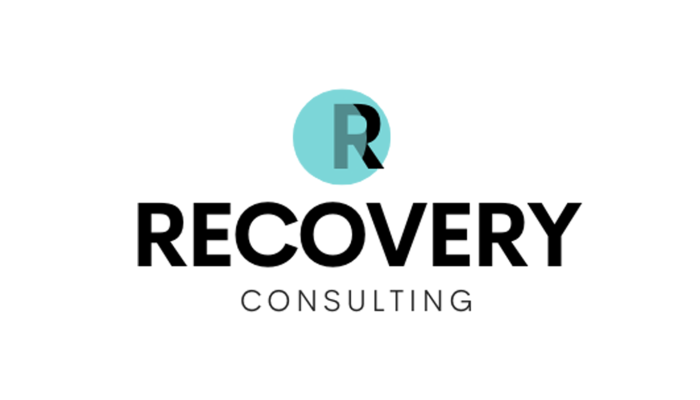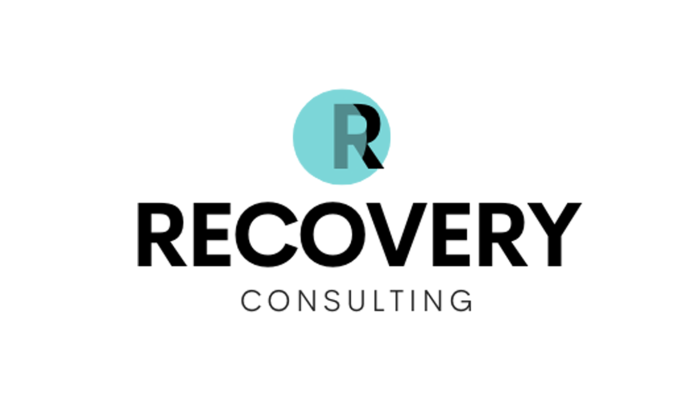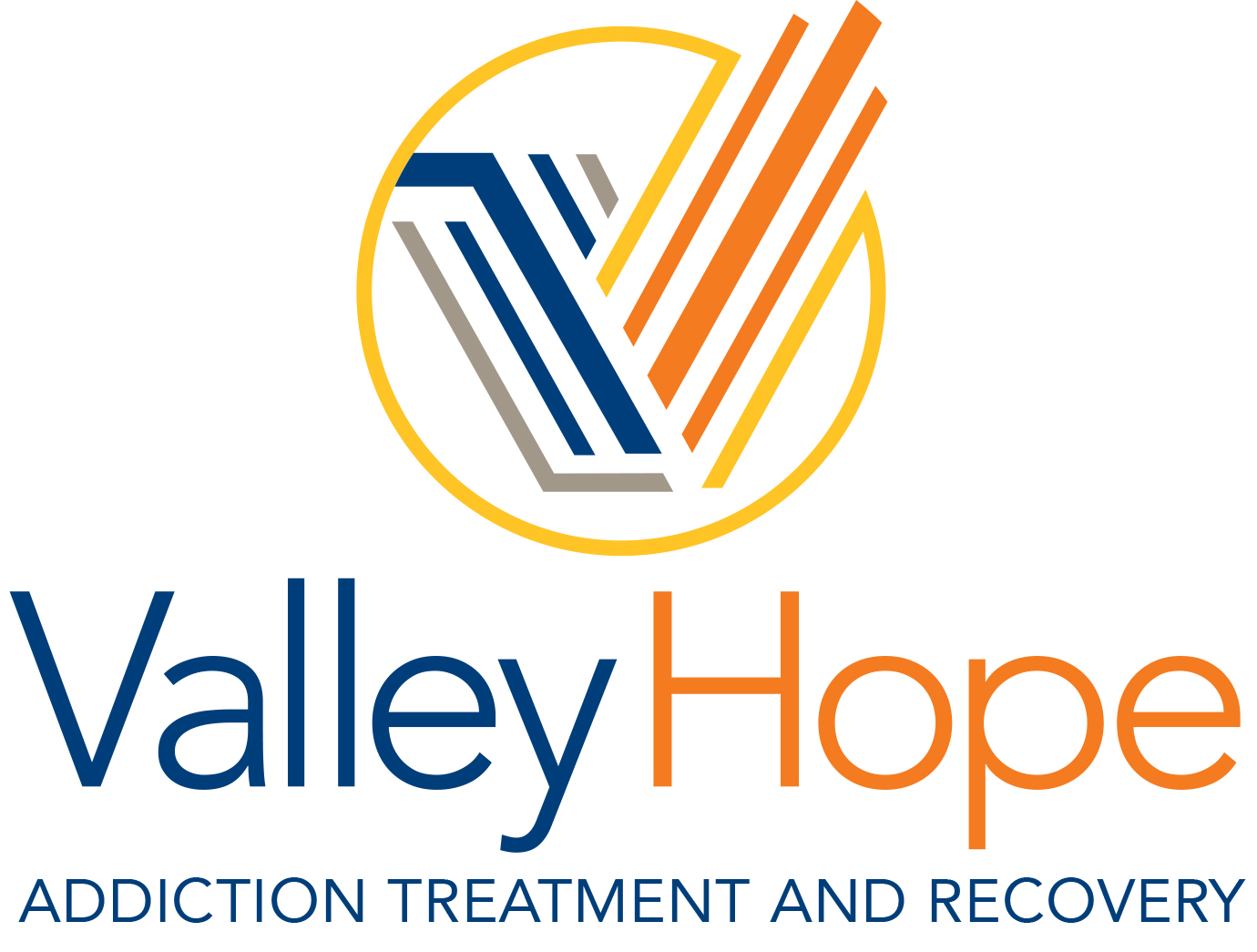Dec 17, 2018
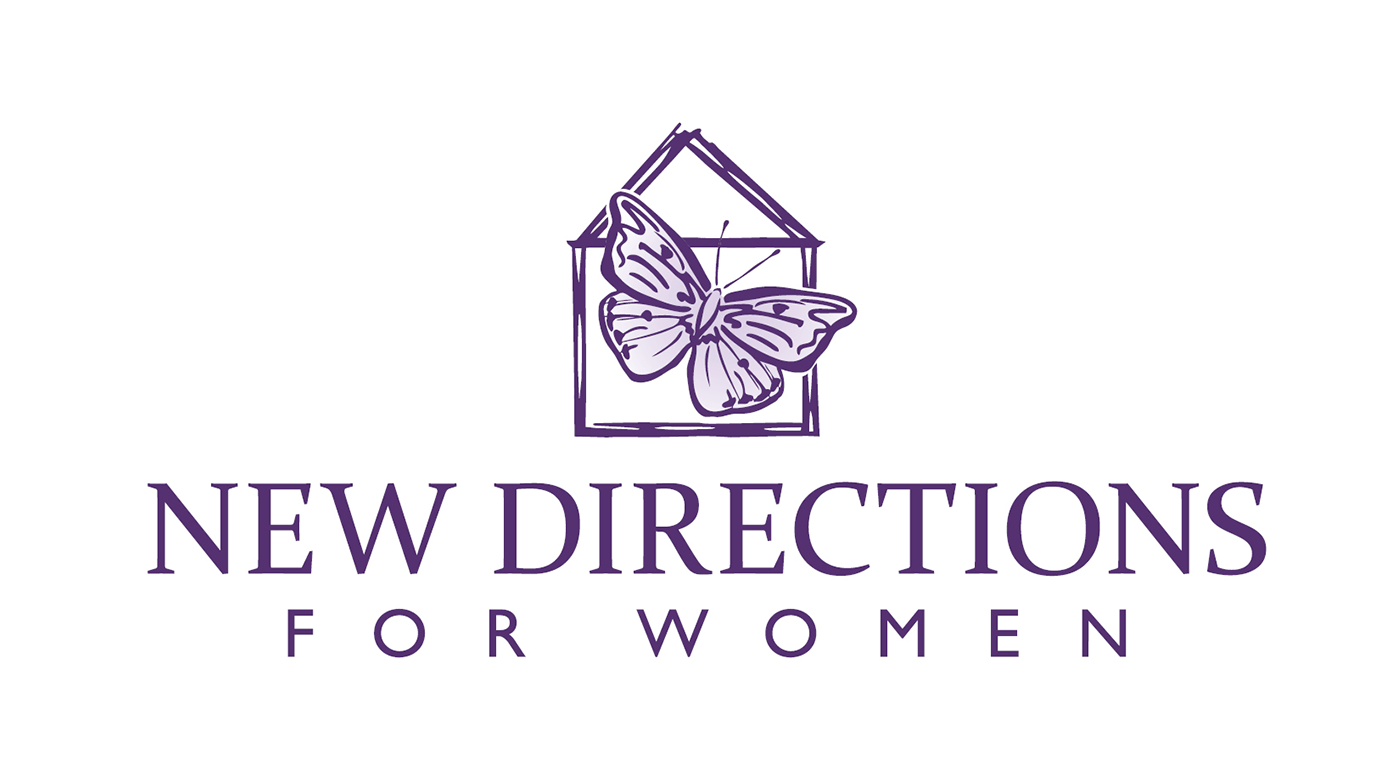

The passing of the Affordable Care Act and the implementation of parity caused investors to see an opportunity for financial gain in entering the behavioral healthcare space, particularly addiction treatment. Many were solely seeking to benefit from insurance payments — in some cases adding up to hundreds of thousands of dollars for a short-term residential treatment program. Some companies billed insurance plans for daily urine drug screening in excess of $1,200. Others even purchased insurance plans for patients just so they could treat them; when these insurance plans were exhausted by fraudulent practices and the insurance ran out, these patients were subsequently kicked out. I was relieved to see these abuses excellently researched and presented in the OC Register’s “Rehab Riviera” series.
It’s an extremely sad state of affairs, especially for those of us running quality organizations. It’s difficult for individuals to know how to discern between a quality program and one that’s aiming to profit on a vulnerable person. As a professional in the addiction treatment field for nearly three decades, I’d like to suggest some questions to ask before choosing a treatment center:
• Are you accredited, either through CARF (Commission on Accreditation of Rehabilitation Facilities) or JCAHO (Joint Commission on Accreditation of Healthcare Organizations)? Both organizations are responsible to ensure patient care is of the highest standard and patient needs are addressed appropriately. A checks-and-balance ensures that a residential facility, for example, provides the services required for a residential program. They ensure the staff-to-patient ratio and the staff educational level are appropriate.
• Is your sober living home certified by the Sober Living Coalition? Unfortunately, in California, sober living homes are not required to be licensed. However, you can ask if it is certified by the Sober Living Coalition, which holds each home to standards.
• How do you measure outcomes at your treatment facility? Both accreditation organizations require follow-up communication and data collection for individuals that have entered the program. Be sure to ask how outcomes are measured, and if they have free alumni services to support each graduate after treatment completion.
• What services are included in the daily rate paid either by the insurance company or the patient? What level of care are you licensed for? Services can vary widely between facilities; make sure you ask and understand exactly what is provided and whether the services are evidence-based. A treatment center offering to provide a one-way plane ticket, willing to pay for an insurance policy, or waiving rent for their sober living is a definite red flag. If you’re looking for a residential program, ask if they are licensed as a residential program rather than simply providing an outpatient program and housing.
• What does your facility do when a health insurance carrier is no longer willing to fund treatment services? Do they allow the policy holder/patient to appeal to the insurance company for reimbursement and work together with the treatment center as a united front? Ask what would happen if the patient is unexpectedly denied for additional care by the insurance company. They should keep the patient safe in treatment until a clinically appropriate option is prepared by the treatment team.
• What are your policies around the need for urine drug screens? Ask what facts drive the need for urine drug screen testing. It is an appropriate, clinically necessary tool to be used at admission to ensure validity of substances used or not used, and after a “pass” or approved outing. Ask how they handle financial responsibility of urine drug screen, based upon insurance verification.
• How do your patients/families find you? If they have relationships with local hospitals, businesses, DUI attorneys and alumni, this is a good sign. If they solely rely on internet marketing, it can be a red flag. A call center located outside their organization also can be a concern.
• Can I take a tour and speak to alumni of your program? A quality, reputable treatment center should be proud to bring you in to their sanctuary, have you meet the staff, show you the rooms, and connect you with others that have completed the program.
Sue Bright is Executive Director of New Directions for Women, a nonprofit treatment center for women founded in 1977 in Costa Mesa.
Article link: https://www.ocregister.com/2018/12/12/clues-to-deciphering-treatment- centers/




